Category: Social Entrepreneurship
-
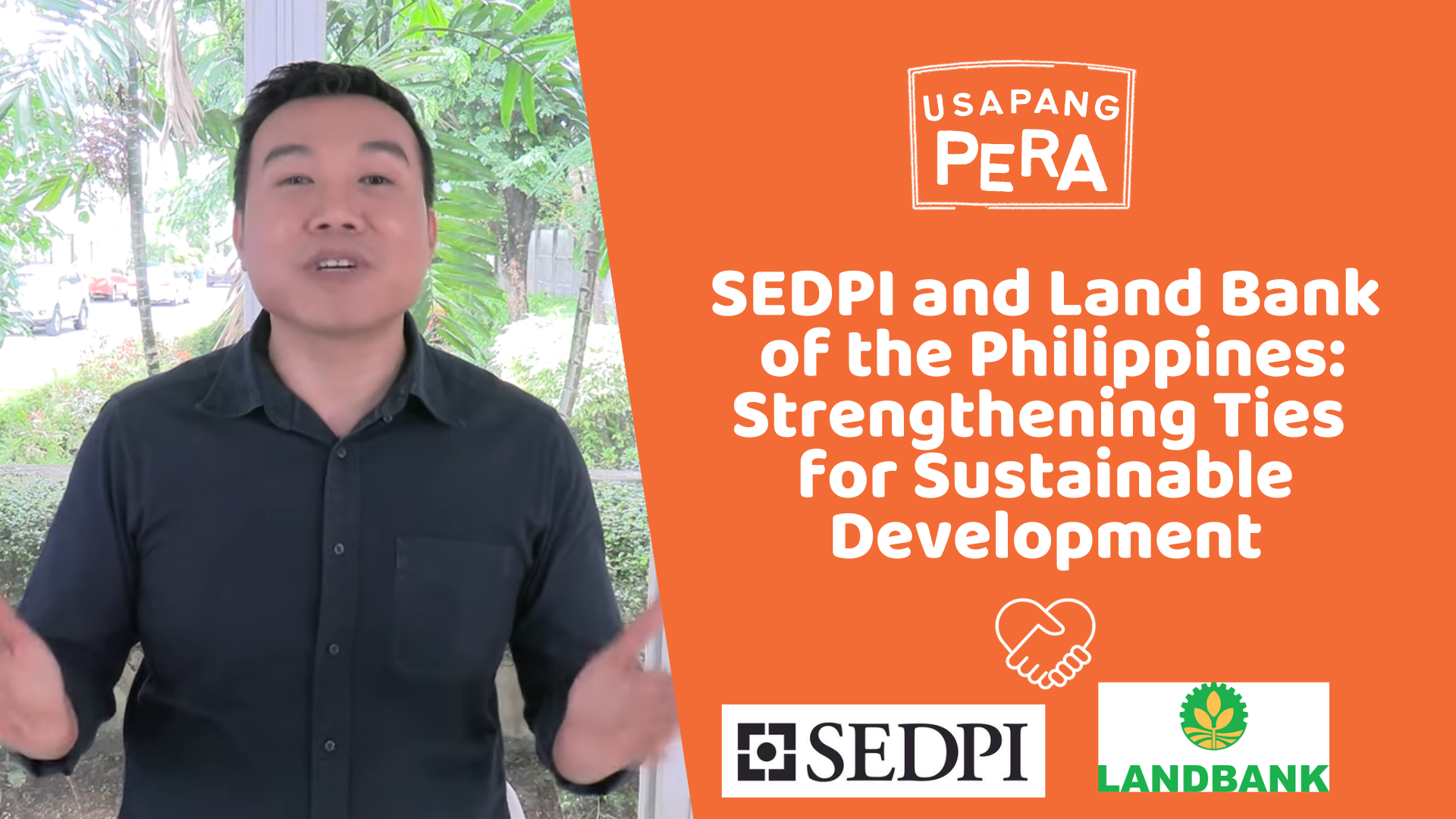
SEDPI and Land Bank of the Philippines: Strengthening Ties for Sustainable Development
Rosario, Agusan del Sur – In a significant step towards enhancing their long-standing partnership, SEDPI hosted a comprehensive field visit for representatives from the Land Bank of the Philippines (LBP) at their KaNegosyo Bayugan branch. This visit, involving key personnel from both organizations, served as a platform for collaborative discussion and strategic planning. The day…
-
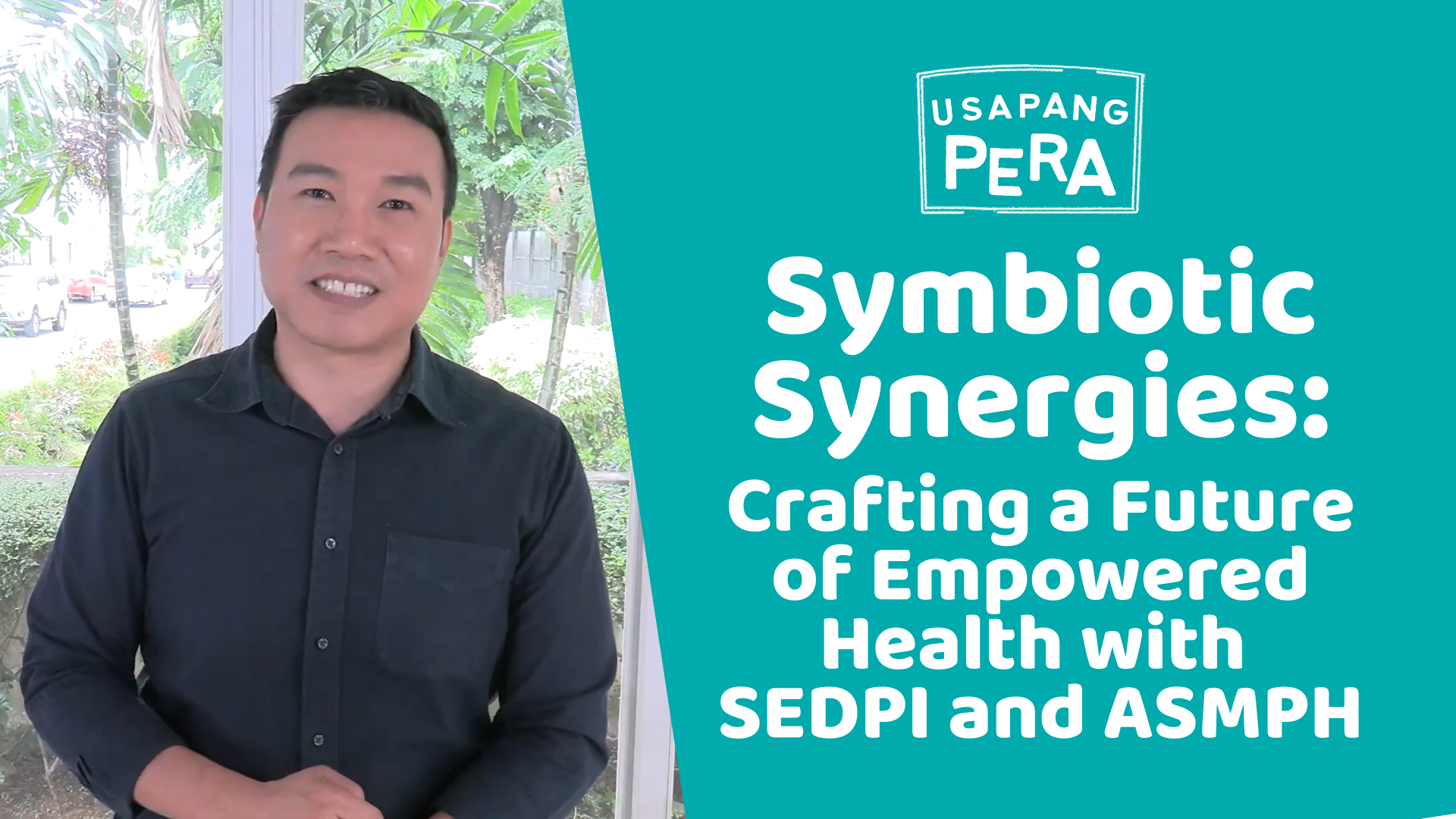
Symbiotic Synergies: Crafting a Future of Empowered Health with SEDPI and ASMPH
Esteemed Deans and respected colleagues, I am Vince Rapisura, 20 years with Ateneo, and proudly co-founding the Social Enterprise Development Partnerships, Inc. or SEDPI in 2004 with Edwin Salonga. I stand before you to propose strategic partnership with the Ateneo School of Public Health and Medicine. Our group, spanning 8 organizations, envisions empowered Filipinos globally,…
-
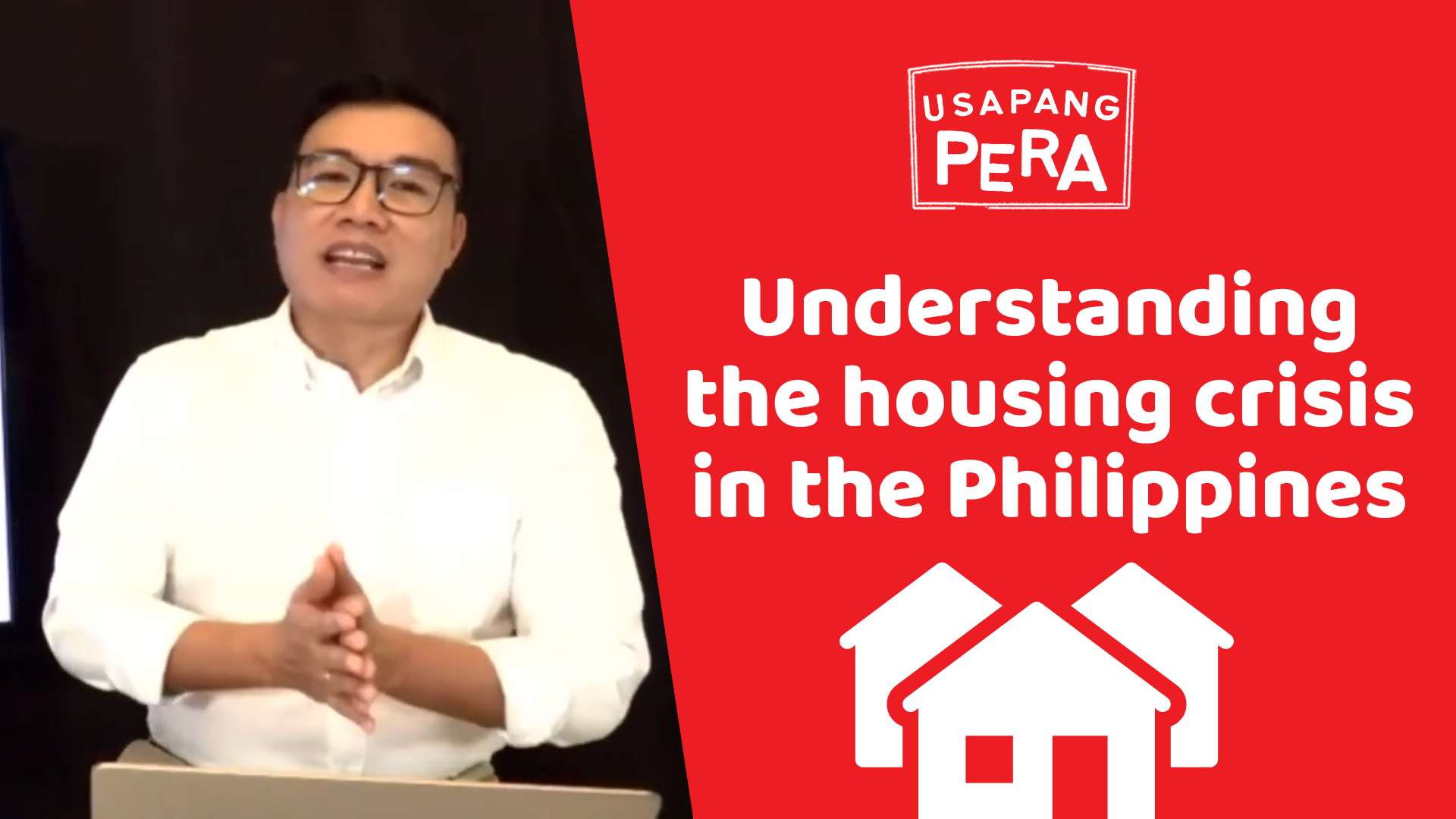
Understanding the housing crisis in the Philippines
Housing in the Philippines is a topic that doesn’t just hit close to home – it IS home. Sadly, it’s a topic also rife with serious issues. As of 2018, there were over 6 million units of housing backlog in our country, a staggering statistic stemming from the twin demons of unaffordable housing and inadequate…
-

Regulatory landscape of microfinance in the Philippines: An overview
Microfinance has emerged as a critical tool for poverty alleviation and financial inclusion in the Philippines. The government has recognized its potential and has enacted several laws and regulations to promote and regulate the sector (Llanto & Fukui, 2015). This paper examines the key regulations governing microfinance in the Philippines and their implications for the…
-
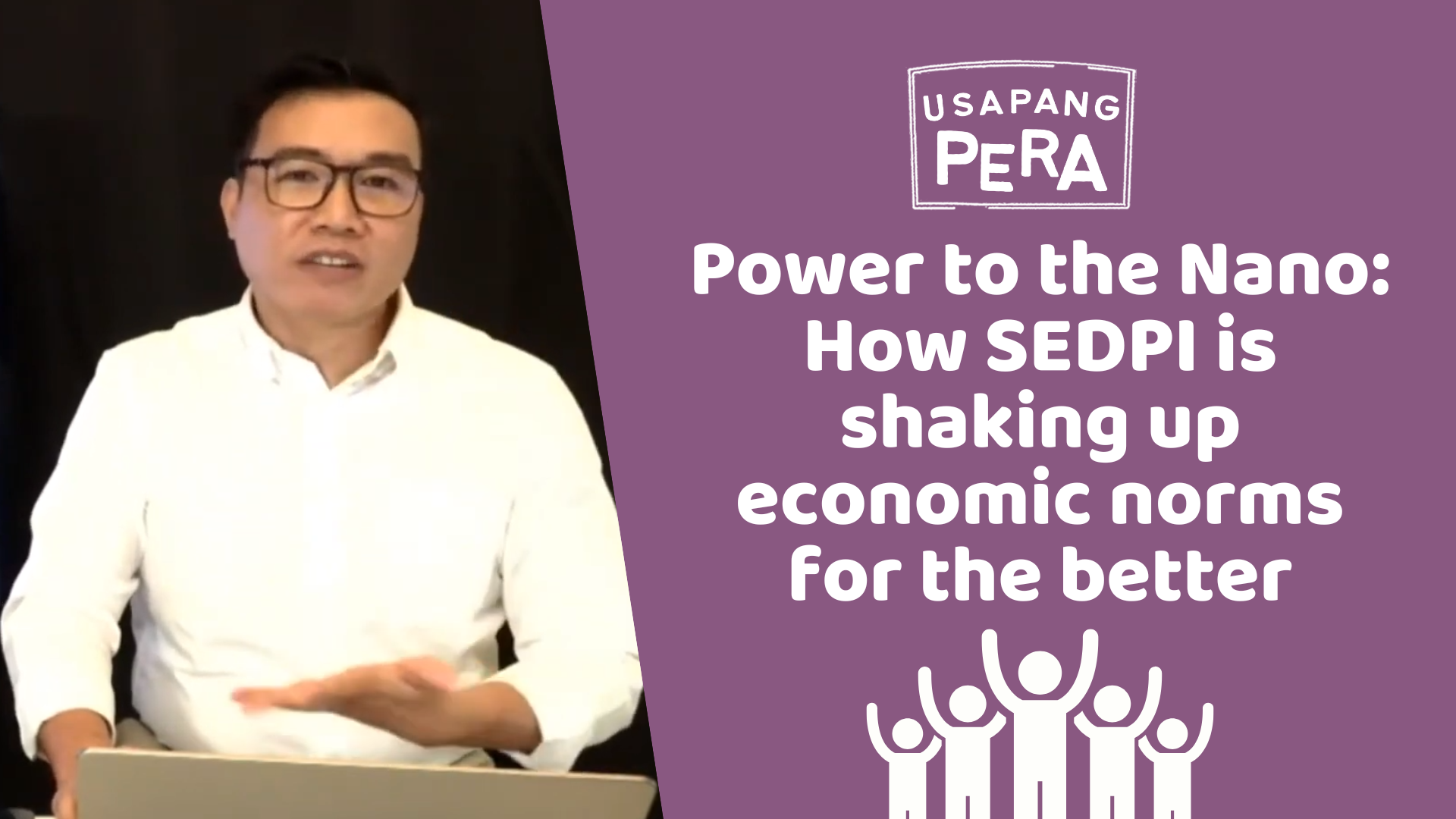
Power to the Nano: How SEDPI is shaking up economic norms for the better
The SEDPI Group of Social Enterprises is a Philippines-based organization that operates with the aim of alleviating poverty among Filipinos worldwide. Since its inception in 2004, it has grown to include eight collaborative organizations executing three key programs: SEDPI KaSosyo, SEDPI KaNegosyo, and Usapang Pera. These programs focus on social investments, nanofinancing, and financial education…
-
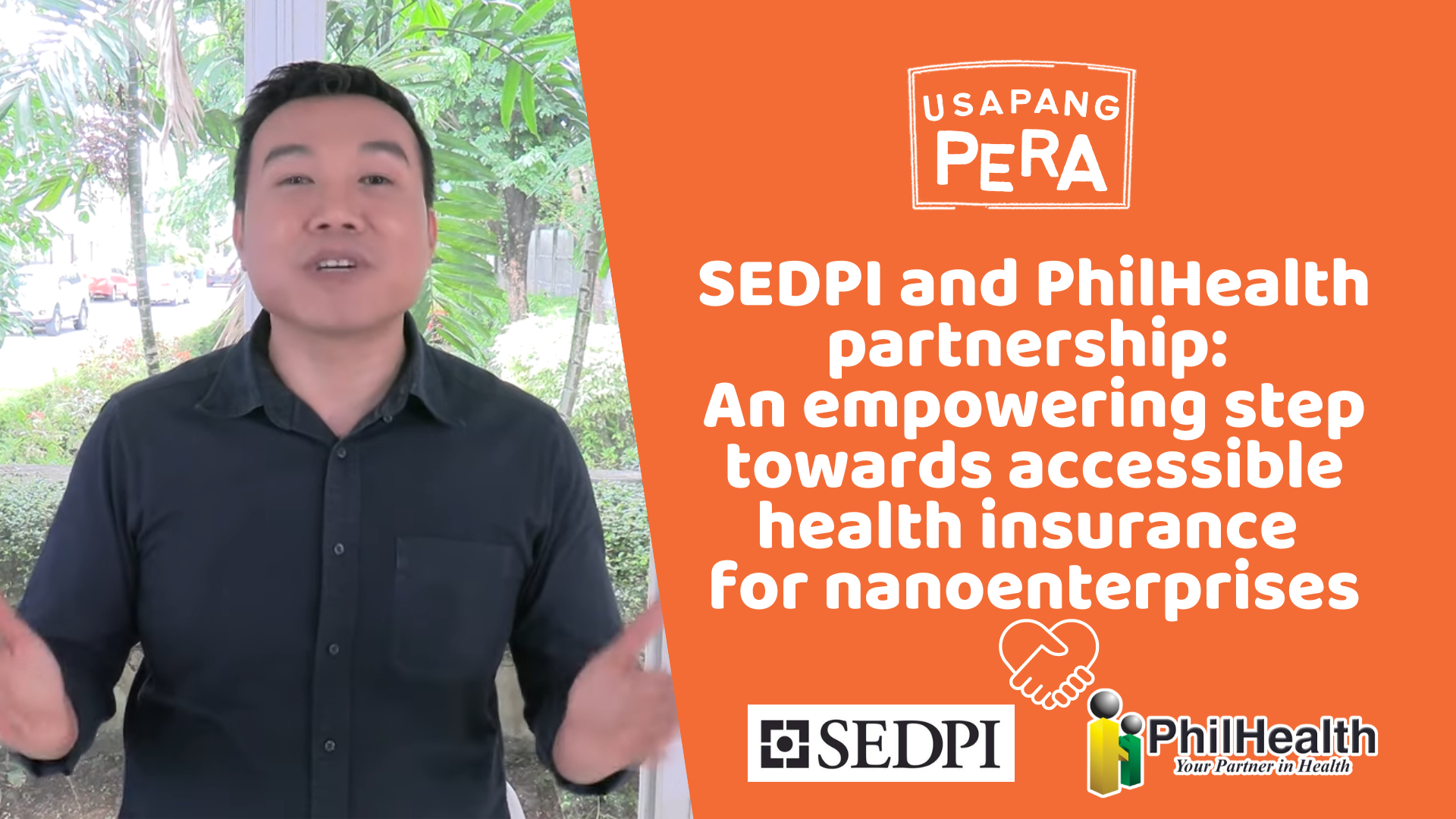
SEDPI and PhilHealth partnership: An empowering step towards accessible health insurance for nanoenterprises
The significance of the National Health Insurance Program (NHIP) under the Universal Health Care (UHC) Act in the Philippines is undisputable. As a nation, we must ensure that healthcare is both accessible and affordable to every Filipino citizen, particularly those from marginalized sectors. SEDPI, an organization that champions social investments, nanofinancing, and financial education to alleviate…
-
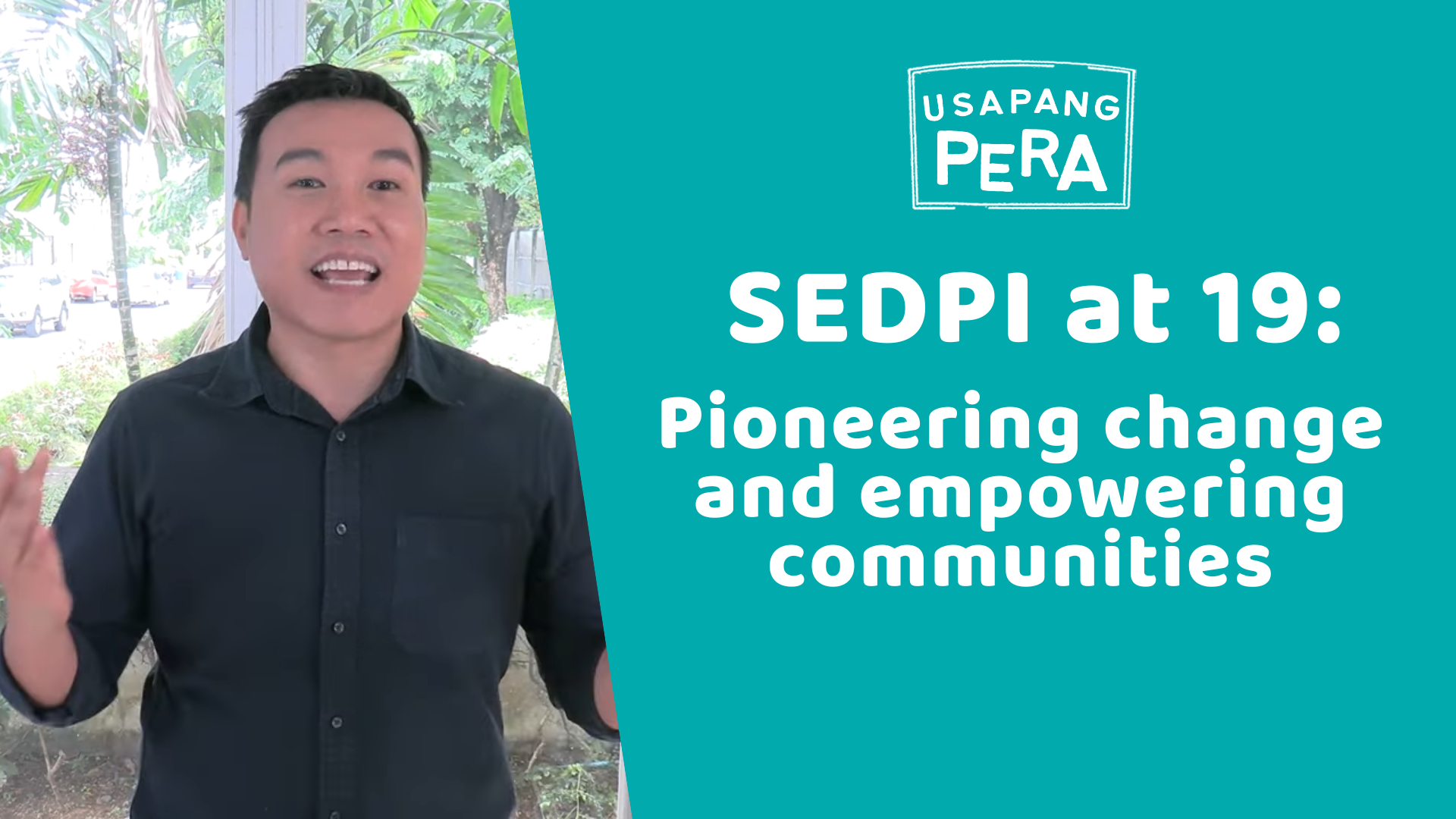
SEDPI at 19: Pioneering change and empowering communities
Warm greetings to you all. It fills me with immense joy and gratitude to stand before you on this significant occasion – the 19th anniversary of the SEDPI Group and the inauguration of our new headquarters in Rosario, Agusan del Sur. It’s wonderful to see so many familiar faces and new ones alike, as we come…
-
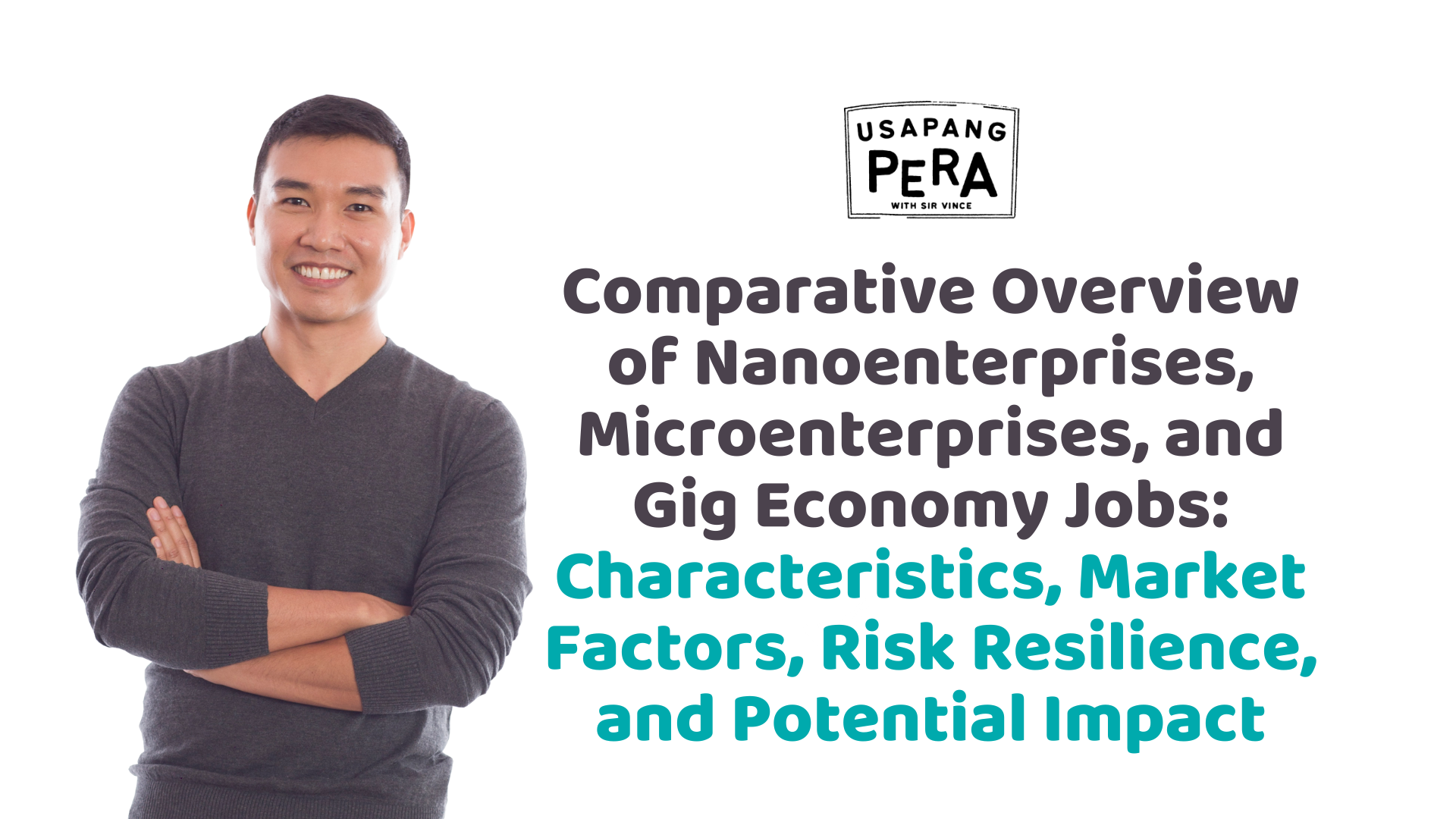
Comparative Overview of Nanoenterprises, Microenterprises, and Gig Economy Jobs: Characteristics, Market Factors, Risk Resilience, and Potential Impact
Introduction Across the economic landscape of the developing world, one cannot overlook the proliferation of small scale enterprises that create a significant economic impact at the grassroots level. This intricate tapestry of economic activity, composed of nanoenterprises, microenterprises, and gig economy jobs, holds tremendous potential for poverty alleviation and socio-economic mobility. To unlock this potential,…
-
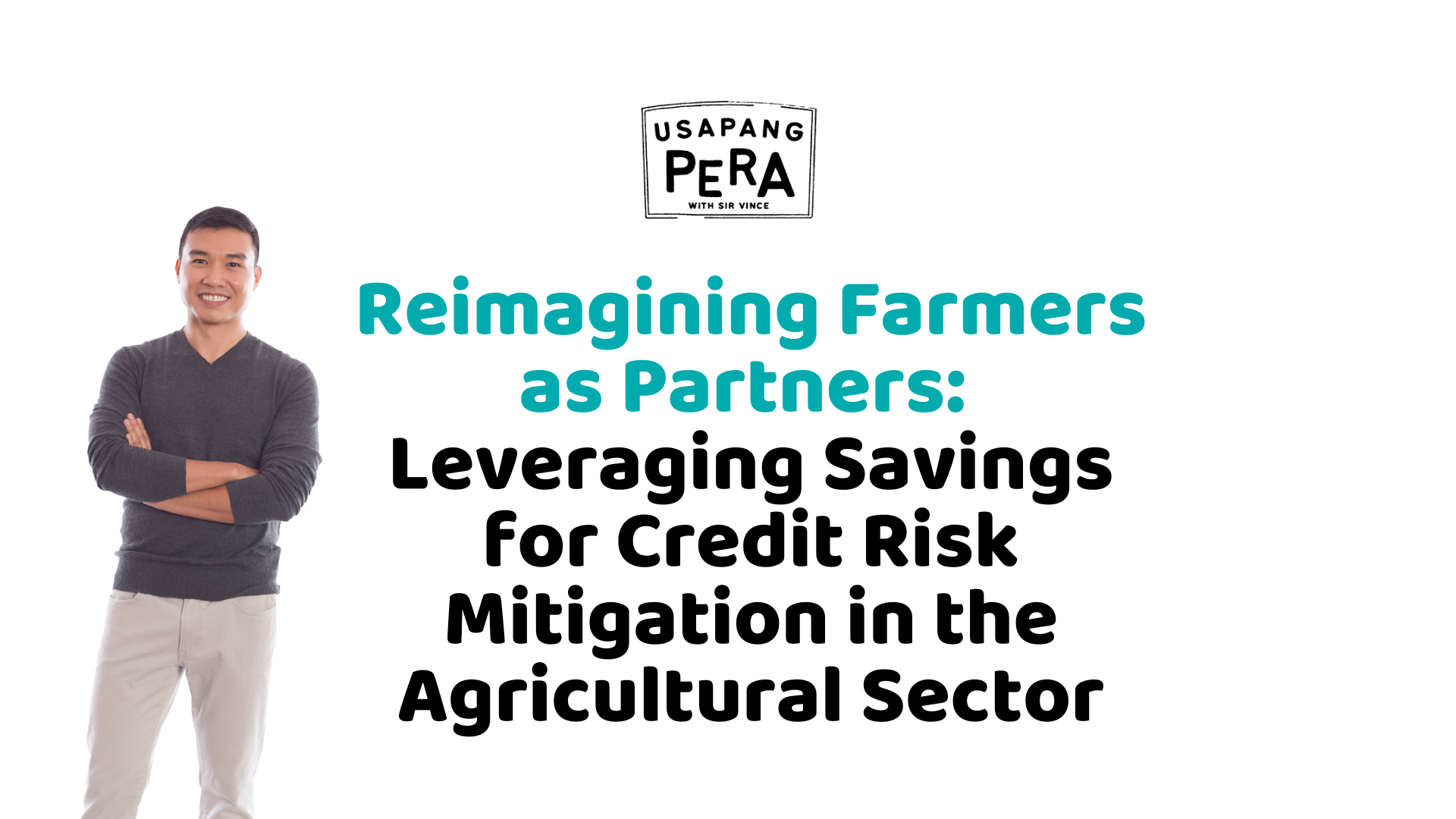
Reimagining Farmers as Partners: Leveraging Savings for Credit Risk Mitigation in the Agricultural Sector
Delivered on May 23, 2023 at the Agricultural Credit Policy Council event held at the PICC Financial inclusion remains an essential factor for sustainable economic development, particularly in the realm of the agricultural sector. Having access to a broad range of financial services – which includes not only credit but also savings, insurance, and money…
-
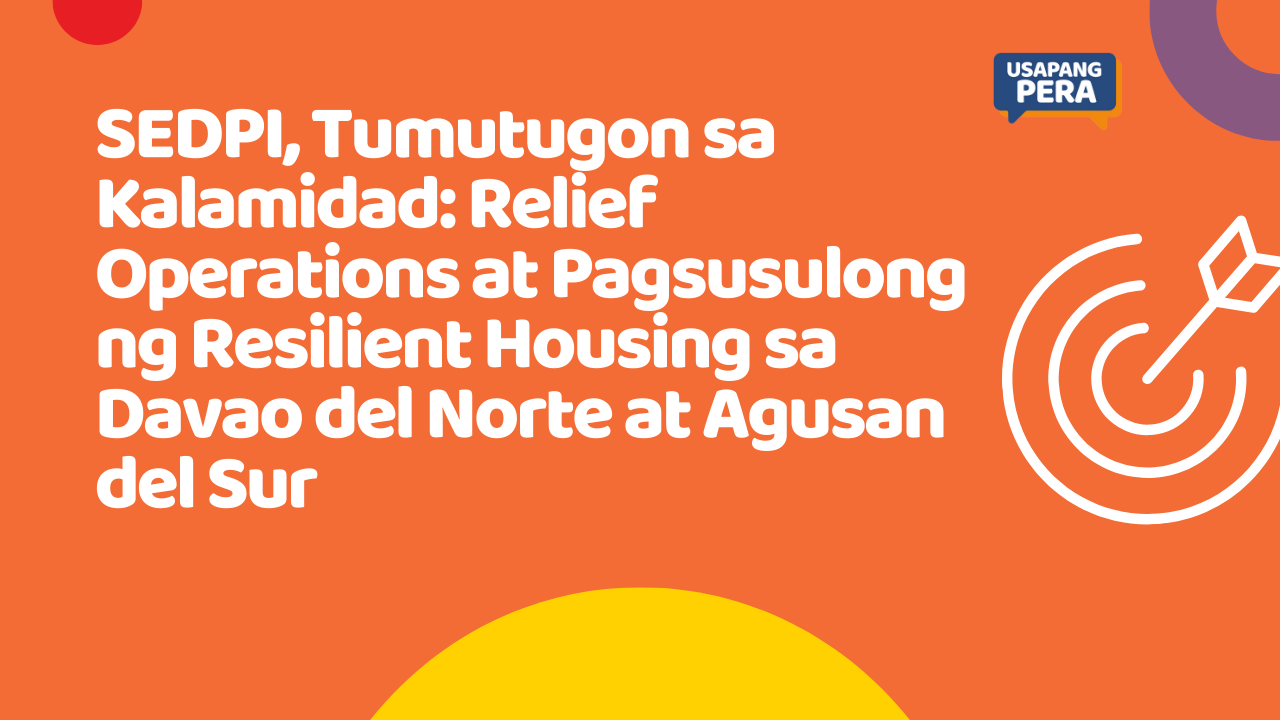
SEDPI, Tumutugon sa Kalamidad: Relief Operations at Pagsusulong ng Resilient Housing sa Davao del Norte at Agusan del Sur
Nitong ika-16 ng Marso, 2023, nagsagawa ang Social Enterprise Development Partnerships Inc. (SEDPI) ng relief operations sa mga lugar na apektado ng Low Pressure Area sa Carmen, Davao del Norte at Prosperidad, Agusan del Sur. Ang organisasyon ay tumugon sa mga pangangailangan ng mga tao sa mga apektadong lugar sa pamamagitan ng SEDPI KaTambayayong na…